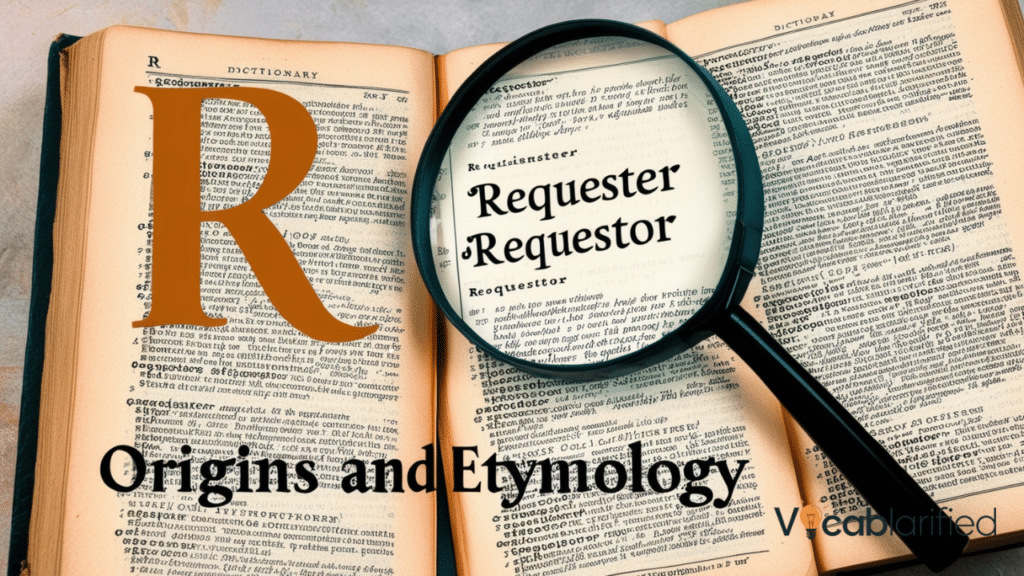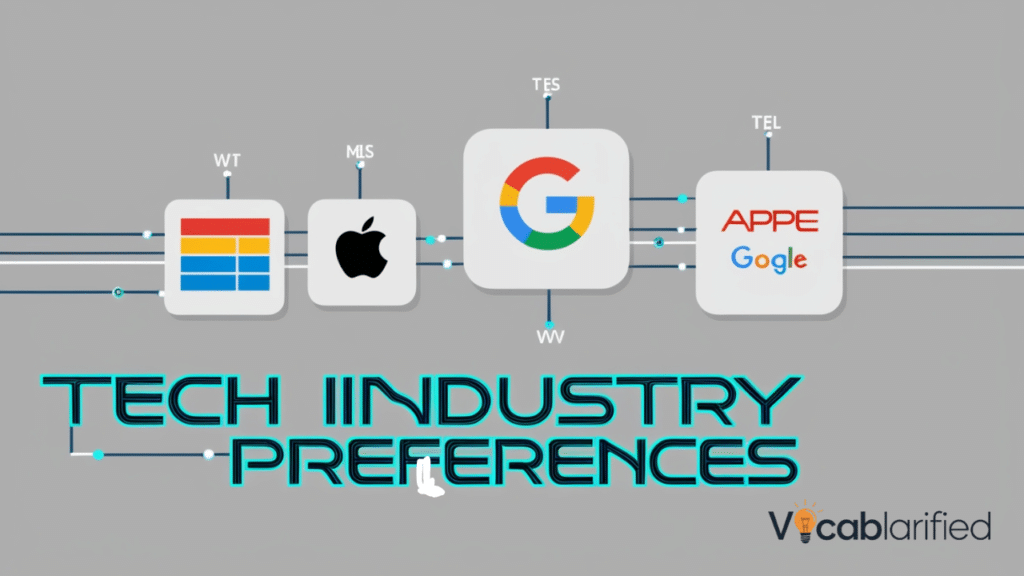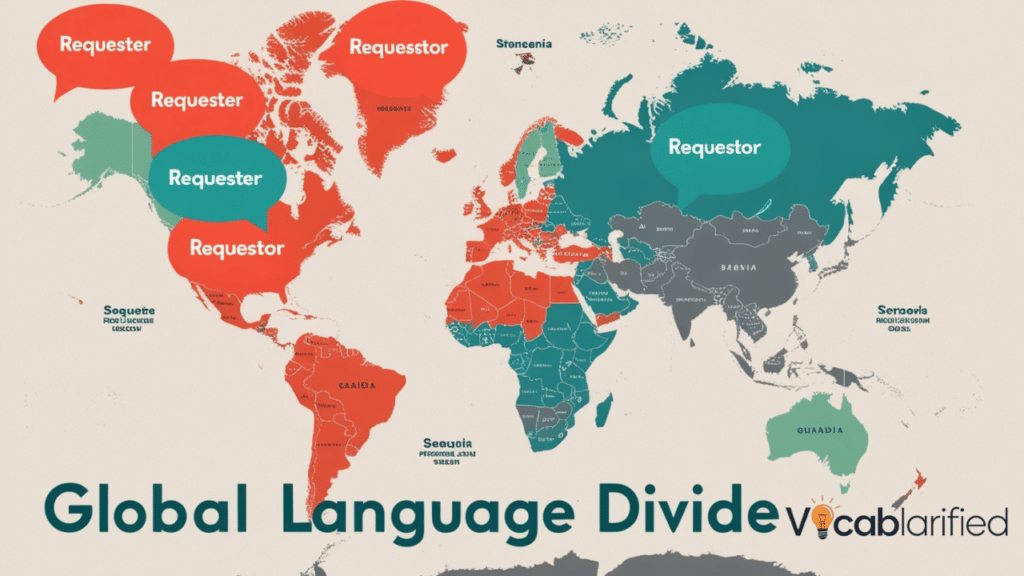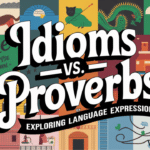In the realm of English language usage, certain words often spark debates among writers, editors, and language enthusiasts.
One such pair of words that frequently causes confusion is “requester” and “requestor”. Both terms refer to a person who makes a request, but which spelling is correct? Is there a preferred version? Let’s delve into this linguistic conundrum and explore the nuances of these two spellings.
The Great Spelling Debate
The debate between requester or requestor has been ongoing for years, with proponents on both sides arguing for their preferred spelling. To understand this issue better, we need to examine the etymology, usage patterns, and context in which these words are employed.
Origins and Etymology
Both “requester” and “requestor” derive from the verb “request,” which comes from the Latin word “requirere,” meaning “to seek to know.” The suffix “-er” is commonly used in English to form nouns denoting a person or thing that performs an action. On the other hand, “-or” is also used as a suffix to create agent nouns, particularly in words of Latin origin.

Requester: The Traditional Choice
Historically, “requester” has been the more traditional spelling. It follows the common English pattern of adding “-er” to verbs to create nouns. This form is widely accepted and has been in use for centuries.
Emily, a linguistics professor, explains, “The ‘-er’ suffix is a natural choice for English speakers. It’s the same pattern we see in words like ‘teacher,’ ‘writer,’ and ‘speaker.'”
You Might Like: En Route Or In Route | Which One Is Correct?
Requestor: The Alternative
“Requestor” emerged as an alternative spelling, likely influenced by Latin-derived words ending in “-or” such as “donor,” “vendor,” and “sponsor.” Some argue that this spelling adds a more formal or technical tone to the word.
Mark, a technical writer, shares his perspective: “In many corporate environments, I’ve noticed a preference for ‘requestor.’ It seems to carry a more official or specialized connotation.”
Usage in Different Contexts
The choice between requester vs requestor often depends on the context and field in which the term is being used. Let’s explore some common scenarios where these terms appear.

Business and Corporate Settings
In many business environments, both spellings are used interchangeably. However, some industries show a slight preference for one over the other.
Table: Usage in Various Industries
| Industry | Preferred Spelling | Reasoning |
|---|---|---|
| IT | Requestor | Technical jargon |
| Finance | Requester | Traditional usage |
| Healthcare | Requestor | Formal documentation |
| Education | Requester | Consistency with other “-er” words |
| Legal | Both | Depends on specific context |
| Government | Requester | Official style guides |
| Retail | Requestor | Customer service terminology |
| Manufacturing | Requester | Simplicity in communication |
| Hospitality | Both | Varies by organization |
| Non-profit | Requester | Accessibility in language |
Academic Writing
In academic circles, consistency is key. Many style guides and institutions have their own preferences.
Dr. Sarah Johnson, an English professor, advises, “When writing academic papers, check your institution’s style guide. If there’s no specific guideline, choose one spelling and stick to it throughout your document.”
You Might Like: Potatoes or Potatos | What Is The Difference?
Digital Communication
In the age of digital communication, both spellings appear frequently. Email systems, online forms, and customer service platforms may use either version.
Table: Digital Platform Usage
| Platform | Spelling Used | Reason for Choice |
|---|---|---|
| Gmail | Requester | Google’s preference |
| Outlook | Both | User customizable |
| Salesforce | Requestor | CRM terminology |
| Zendesk | Requester | Customer support focus |
| Jira | Requestor | IT project management |
| Slack | Both | User preference |
| Requester | Professional networking | |
| Both | Character limit flexibility | |
| Requester | User-friendly approach | |
| Both | Visual content focus |
Requester: A Closer Look
The spelling “requester” aligns closely with English language patterns. It’s straightforward and intuitive for native English speakers.
Advantages of Using Requester
- Consistency with other English words
- Widely recognized and accepted
- Less likely to be flagged by spellcheckers
James, an editor at a publishing house, notes, “I prefer ‘requester’ because it flows naturally in most texts. It doesn’t stand out or distract the reader.”
You Might Like: Other Than Or Other Then: Clearing The Confusion
Examples in Context
Email Example:
Subject: Information Request Follow-up
Dear Sarah,
As the requester of the financial report from last quarter, I wanted to check on its status. Could you please provide an update on when it will be available?
Best regards,
Michael
In this email, “requester” fits seamlessly into the professional yet friendly tone of the message.
Requestor: Examining the Alternative
The spelling “requestor” has gained traction in certain circles, particularly in technical and formal contexts.
Pros of Choosing Requestor
- Perceived formality in some industries
- Alignment with Latin-derived terms
- Distinctive in specialized fields
Table: Perception of “Requestor” in Different Professions
| Profession | Perception | Reasoning |
|---|---|---|
| Lawyer | Formal | Legal document precision |
| Doctor | Technical | Medical record accuracy |
| Teacher | Uncommon | Educational simplicity |
| Engineer | Preferred | Technical specification |
| Accountant | Acceptable | Financial terminology |
| Journalist | Avoided | Readability focus |
| Programmer | Common | Software documentation |
| HR Manager | Both used | Policy flexibility |
| Scientist | Context-dependent | Research field norms |
| Artist | Rarely used | Creative expression |
Contextual Examples
Technical Support Ticket:
Ticket #: 45678
Requestor: Jane Smith
Department: Marketing
Issue: Access to analytics dashboard
Description: Requestor unable to log in to the new analytics platform. Requires immediate assistance to prepare quarterly report.
In this technical support context, “requestor” adds a formal tone to the documentation.
The Impact of Industry Standards
Different industries have developed their own preferences over time, influencing the choice between requester or requestor.

Technology and IT
In the tech world, “requestor” is often favored. This preference might stem from the industry’s inclination towards more technical-sounding terms.
Table: Tech Company Usage
| Company | Preferred Term | Used In |
|---|---|---|
| Microsoft | Requestor | Azure documentation |
| Apple | Requester | User guides |
| Both | Various products | |
| Amazon | Requestor | AWS services |
| IBM | Requestor | Technical papers |
| Oracle | Both | Database documentation |
| Cisco | Requestor | Network protocols |
| Intel | Requester | Consumer communications |
| Dell | Both | Support documentation |
| HP | Requestor | Enterprise solutions |
Legal and Government Sectors
Legal documents and government publications often lean towards “requester,” aligning with traditional English usage.
John, a government official, explains, “In our department, we consistently use ‘requester’ in all official documents to maintain clarity and adhere to long-standing conventions.”
Regional Variations
The preference for requester vs requestor can also vary by geographic region.

American English
In American English, both spellings are used, but “requester” is generally more common in everyday writing.
British English
British English tends to favor “requester,” aligning with the traditional “-er” suffix for agent nouns.
Table: Regional Usage Comparison
| Region | Preferred Spelling | Secondary Spelling |
|---|---|---|
| USA | Requester | Requestor |
| UK | Requester | Rarely Requestor |
| Canada | Both Equal | – |
| Australia | Requester | Occasionally Requestor |
| New Zealand | Requester | Rarely Requestor |
| India | Both Used | Context Dependent |
| South Africa | Requester | Occasionally Requestor |
| Singapore | Both Used | Industry Dependent |
| Ireland | Requester | Rarely Requestor |
| Philippines | Both Used | Context Dependent |
The Role of Style Guides
Style guides play a crucial role in determining which spelling to use in various contexts.
Popular Style Guides and Their Recommendations
Table: Style Guide Preferences
| Style Guide | Recommendation | Notes |
|---|---|---|
| AP Stylebook | Requester | Consistent with other “-er” words |
| Chicago Manual of Style | Both accepted | Emphasizes consistency |
| MLA Handbook | Requester | Preferred in academic writing |
| APA Style | Both accepted | Advises following organization preference |
| The Guardian Style Guide | Requester | British English preference |
| Microsoft Style Guide | Requestor | Used in technical documentation |
| IBM Style Guide | Requestor | Consistent across their products |
| The Economist Style Guide | Requester | Favors traditional spelling |
| Oxford Style Manual | Requester | British English standard |
| Yahoo Style Guide | Both accepted | Web content flexibility |
Impact on Search Engine Optimization (SEO)
In the digital age, the choice between requester or requestor can affect how content is discovered online.
Sarah, an SEO specialist, advises, “When optimizing content for search engines, it’s wise to consider both spellings. You might use one predominantly but include the other as an alternative to capture all potential searches.”
Keyword Variations
Using both spellings strategically can improve content visibility. For instance, a page titled “Guide for Requesters” might include a sentence like “Also known as requestors in some industries” to capture both search terms.
Grammatical Considerations
From a grammatical standpoint, both “requester” and “requestor” are correct. The choice often comes down to style and preference rather than strict grammatical rules.
Table: Grammatical Aspects
| Aspect | Requester | Requestor |
|---|---|---|
| Part of Speech | Noun | Noun |
| Plural Form | Requesters | Requestors |
| Possessive | Requester’s | Requestor’s |
| Verb Agreement | Singular | Singular |
| Compound Forms | Co-requester | Co-requestor |
| Adjectival Use | Requesting | Requesting |
| Gerund Form | Requesting | Requesting |
| Related Verb | Request | Request |
| Antonym | Responder | Responder |
| Etymology | English suffix | Latin influence |
The Evolution of Language
Language is constantly evolving, and the debate over requester or requestor reflects this ongoing change.
Dr. Emily Thompson, a linguist, observes, “The coexistence of these two spellings showcases how language adapts to different needs and contexts. Neither is inherently right or wrong; it’s about how language communities choose to use them.”
Future Trends
As language continues to evolve, we may see one spelling become more dominant or witness a continued coexistence of both forms.
Table: Predicted Future Trends
| Timeframe | Prediction | Reasoning |
|---|---|---|
| Next 5 years | Continued coexistence | Current usage patterns |
| 10 years | Slight preference for “requester” | Simplification trend |
| 20 years | Possible new alternative | Technological influence |
| 30 years | Regional differences may solidify | Cultural divergences |
| 50 years | One form may dominate | Natural language evolution |
| 100 years | New term might emerge | Unpredictable language changes |
| Digital realm | Both used for SEO | Online content optimization |
| Academic writing | Standardization likely | Style guide updates |
| Legal documents | Continued use of “requester” | Conservative nature of legal language |
| Tech industry | “Requestor” may prevail | Established usage in software |
Making the Right Choice
When deciding between requester or requestor, consider the following factors:
- Your industry’s standard practice
- The style guide you’re following
- Your audience’s expectations
- Consistency within your document or organization
Remember, the most important aspect is maintaining clarity and consistency in your communication.
Conclusion
The debate between requester or requestor is likely to continue. Both spellings are correct and widely used, each with its own merits and contexts where it shines. The key is to choose the spelling that best fits your specific situation and to use it consistently.
Whether you’re a requester seeking information or a requestor filing a formal application, remember that effective communication is about more than just spelling. It’s about clarity, precision, and understanding your audience.
As we navigate the complexities of language, let’s appreciate the richness that such variations bring to our communication. After all, it’s these nuances that make the English language so fascinating and dynamic.

Emma Carter is an experienced blogger at Vocablarified. She enjoys helping people expand their vocabulary and improve their language skills. With a warm and approachable writing style, Emma makes learning new words fun and accessible. When she’s not writing, she loves reading books and discovering new phrases to share with her readers. Emma is passionate about making language learning an enjoyable journey for everyone.







